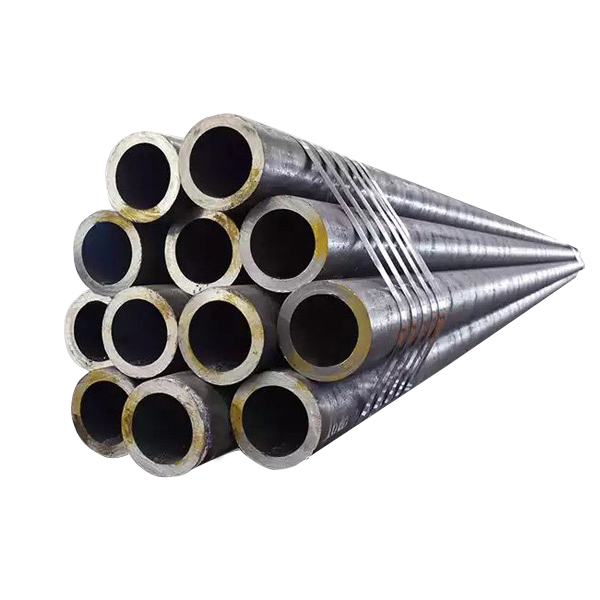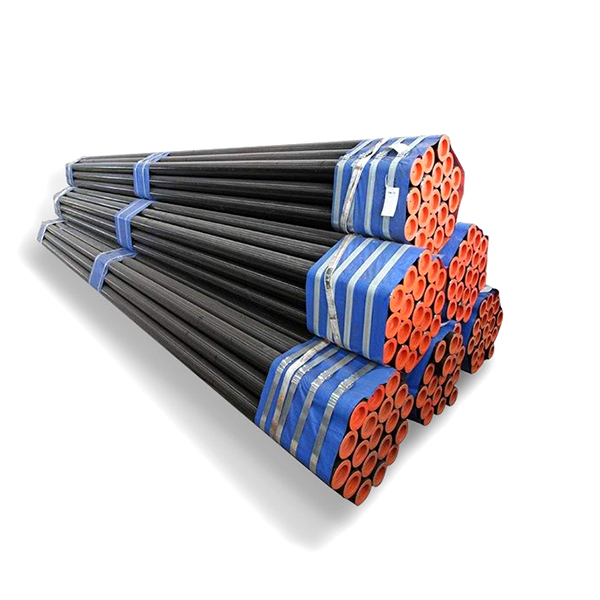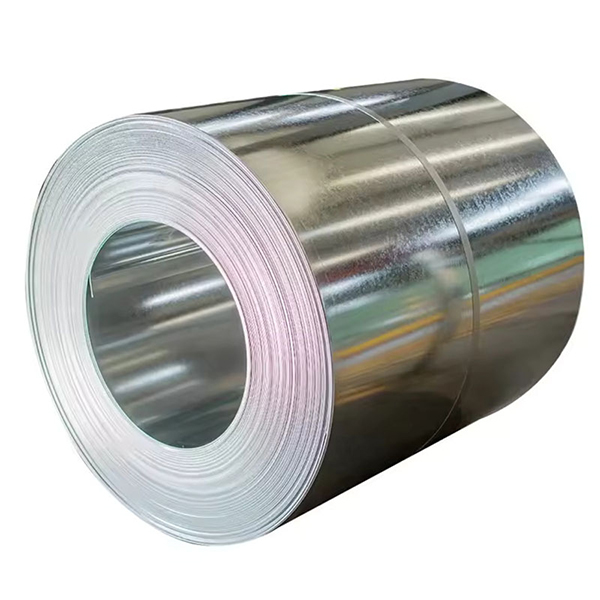Common Materials of Brass Pipes and Their Characteristics and Applications
Types of brass tube materials
Common Brass Pipe: Common brass pipe refers to copper alloy pipe materials with a copper content ranging from 60% to 80%. Common examples include H59, H62, etc. It has excellent mechanical properties and corrosion resistance, and is suitable for general construction and decoration purposes.
Zinc brss pipe: Zinc brass pipe is an alloy pipe material mainly composed of copper and zinc. Common types include H68, H70, etc. Zinc brass pipe has excellent corrosion resistance and plasticity, and is often used in the manufacture of electrical devices, automatic control systems, etc.
Aluminum brass tube: Aluminum brass tube is a type of brass tube with a high aluminum content. Common types include C68700, C71500, etc. Aluminum brass tubes have excellent corrosion resistance and strength, and are often used in the manufacture of seawater cooling equipment, marine engineering, and chemical equipment, etc.
The characteristics and main applications of brass pipe materials
Strong corrosion resistance: The brass pipe has excellent corrosion resistance and can be used stably for a long time in humid environments and corrosive media.
Excellent electrical and thermal conductivity: The brass pipe has excellent electrical and thermal conductivity, making it suitable for manufacturing electrical components and heat exchange equipment, etc.
Outstanding plasticity and processing performance: The brass pipe can be processed into various shapes and specifications through cold and hot processing, meeting the usage requirements of different fields.
Decorative: The brass tubes have a distinctive golden color and are suitable for decoration, interior design and other fields, creating a noble and elegant atmosphere in the space.
Maintenance and upkeep of brass pipes
Avoid contact with corrosive media: Avoid prolonged contact of the brass pipe with acidic or alkaline media or high-temperature media to prevent corrosion or oxidation.
Prevent collision and wear: Avoid the brass pipe from being hit or worn by heavy objects to prevent surface scratches or unevenness.
Regular rust prevention treatment: For brass pipes exposed to humid environments for a long time, regular rust prevention treatment can be carried out to extend their service life.
In conclusion, the common types of materials for brass pipes include ordinary brass pipes, zinc brass pipes, lead brass pipes, and aluminum brass pipes. They possess strong corrosion resistance, excellent electrical and thermal conductivity, outstanding plasticity and processing performance, as well as decorative properties. They are suitable for various fields such as construction, manufacturing, and decoration.
During use, it is necessary to pay attention to regular cleaning, avoiding corrosive media, preventing collision and wear, and conducting regular rust prevention treatment to ensure the performance and lifespan of the brass pipes.





